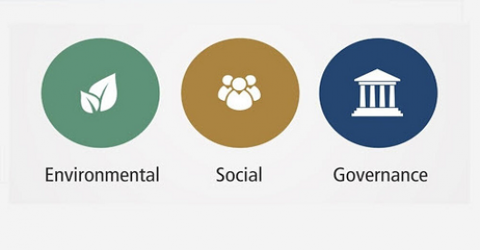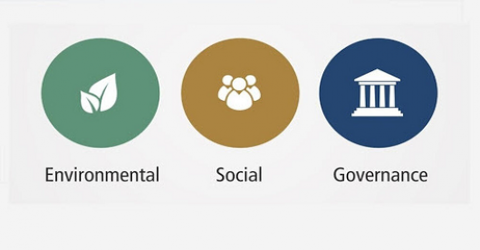Business Responsibility and Sustainability Reporting (BRSR)
The BRSR seeks disclosures from listed entities on their performance against the nine principles of the ‘National Guidelines on Responsible Business Conduct (NGBRCs)and reporting under each principle is divided into essential and leadership indicators
The listed entities are already preparing and disclosing sustainability reports based on internationally accepted reporting frameworks (such as GRI, SASB, TCFD or Integrated Reporting) may cross-reference the disclosures made under such framework to the disclosures sought under the BRSR.



